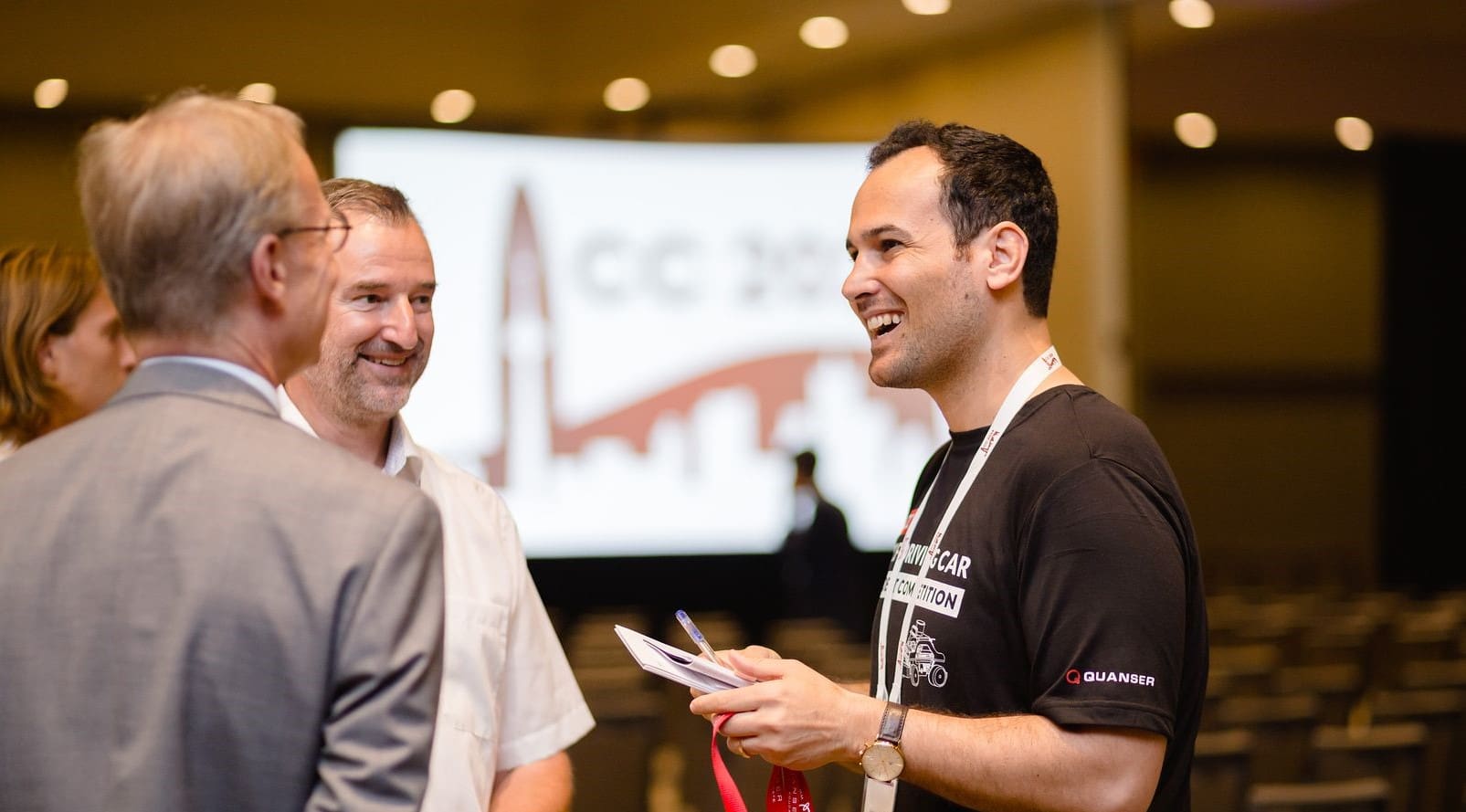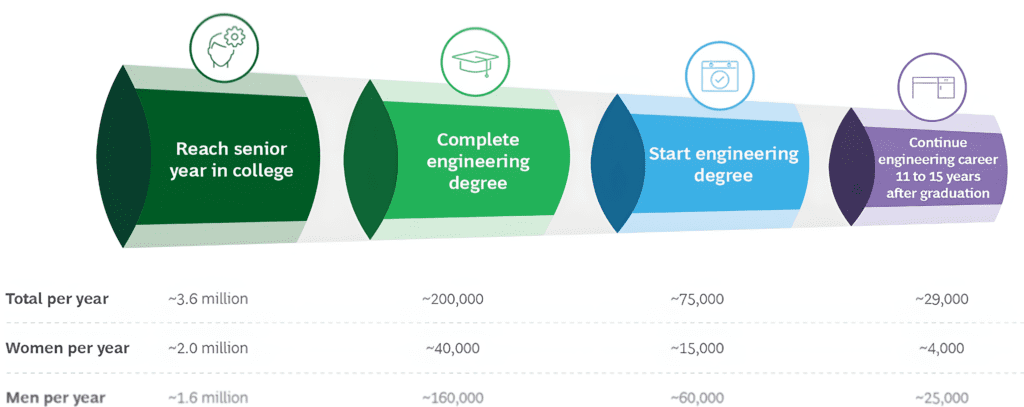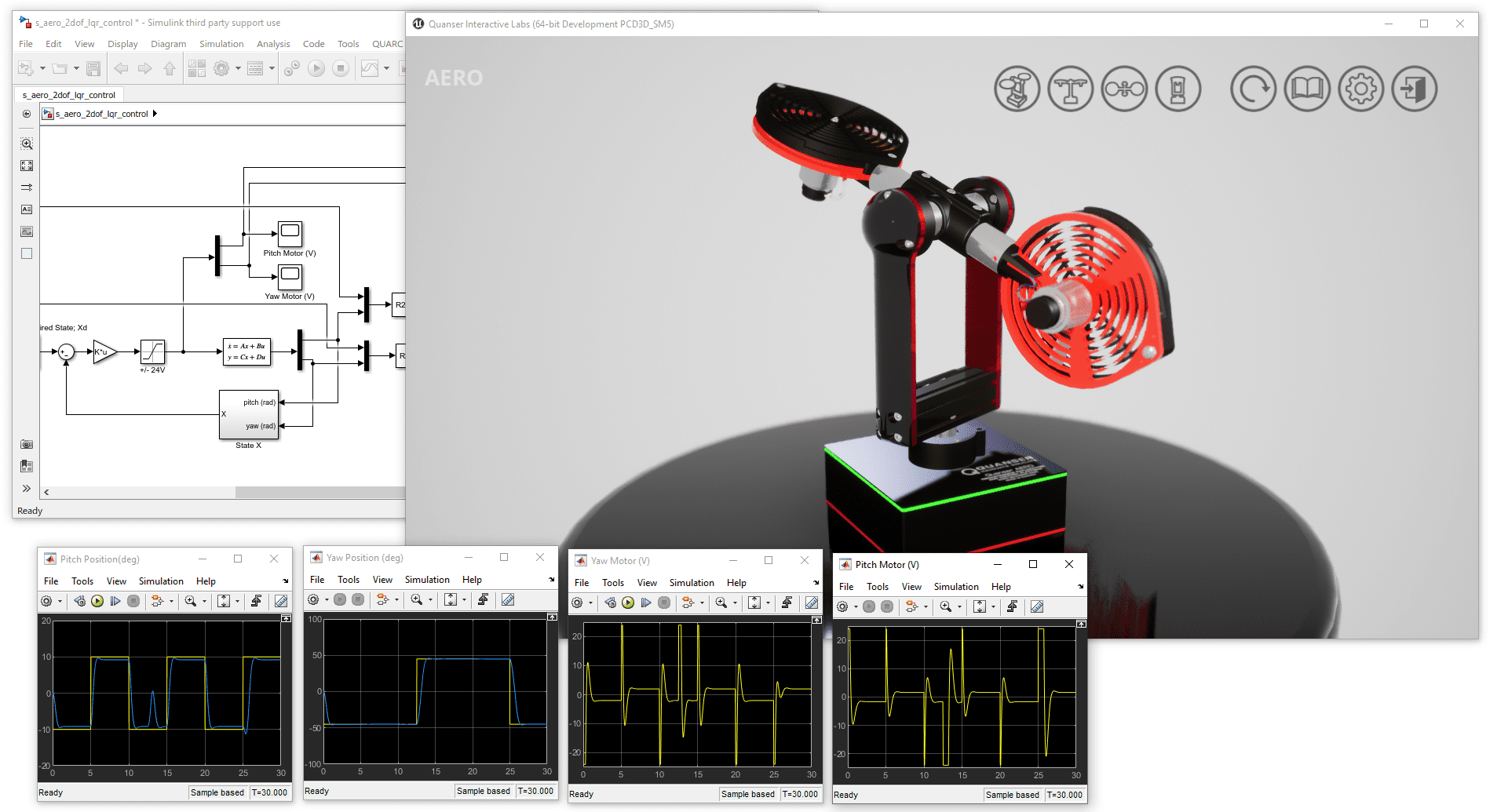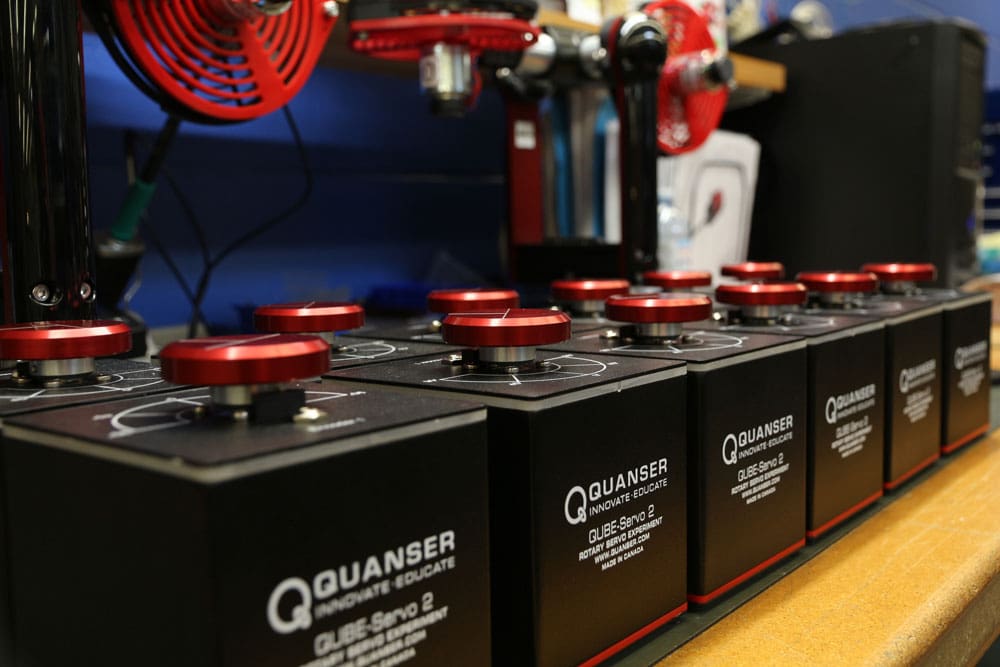
I recently participated in the 2024 American Control Conference (ACC), held from July 8-12 in our home city of Toronto at the Westin Harbour Castle. This event, a significant gathering of minds in the field of automatic control, provided a unique opportunity for Quanser to engage directly with the community.
ACC is an annual conference of the American Automatic Control Council (AACC), partnered with various national and international societies. This year, as always, it was a vibrant hub for exchanging ideas, listening to user needs, and identifying emerging trends in engineering education and research.
Being at ACC was an invaluable experience. I personally, had the chance to converse with over 40 professors and researchers gave us profound insights into the challenges and opportunities within our field. It became clear that despite the progress we’ve made, there’s still much hard work ahead for both Quanser and academia to truly meet the needs of students and prepare them for the future.
I can classify my learning into two categories: research and teaching. First, let’s focus on researchers’ concerns regarding lab infrastructure and what they wish to have for their labs.
Insights from Research Conversations
During ACC 2024, I had the privilege of connecting with more than 40 professors and researchers through various conference sessions and workshops. These interactions were eye-opening, providing firsthand accounts of their experiences, research topics, and the tools they find most valuable.
- Flexibility in Research Tools: Researchers need open architecture solutions that offer flexibility and customization for innovative experimentation.
- Speed and Efficiency in Research: There is a strong demand for tools that can accelerate research processes and jump-start projects without the burden of building and maintaining platforms.
- Access to Low-Level Control: Access to low-level control and drivers is crucial for detailed and precise experimentation, advancing research, and achieving accurate results.
- Reliable and Repeatable Results: Researchers need robust products that deliver consistent, repeatable results and seamlessly connect multiple sensors and data sources.
- Complexity of Modern Engineering Systems: Modern engineering systems require diverse, interdisciplinary skills to develop and maintain due to their increasing complexity.
- Trend Towards Autonomous Systems and Applied AI: Growing interest in autonomous systems and applied AI highlights the need for innovative solutions in these cutting-edge fields
It reaffirmed Quanser’s long-standing commitment to open architecture solutions, which remain highly relevant in the evolving fields of autonomous systems and applied AI. With over 35 years of experience, Quanser provides flexible, reliable, and innovative platforms for researchers and educators. I recommend exploring Quanser lab solutions like Autonomous Vehicles Research Studio, Self-Driving Car Studio, and Mobile Robotics Lab, which have greatly impacted academia over the last decade.
We need a paradigm shift in engineering education to transform it!
On the second day of the conference, a conversation struck a chord with me. I learned that a major industrial sector had hired 300 fresh engineering graduates and sent them all to local colleges for hands-on experience! This highlighted the persistent gap between academia and industry. Despite efforts to bridge this gap, it remains a significant challenge, especially in emerging fields.
Further research revealed that in the USA, about 33% of engineering jobs remain unfilled, and only 13% of those who start studying engineering end up in engineering roles. This gap affects millions of students, their families, and the economy.

Figure 1. Significant Leakage Exists in the Engineering Talent Pipeline
Professors and instructors shared various approaches to tackle this challenge:
- Engaging Undergraduate Students: Encouraging undergraduates to join research groups for hands-on experience if they are willing and can find a suitable team. Graduate and postgraduate students often participate in industry-supported research, providing practical experience.
- Project-Based Learning: Implementing project-based learning with real-world applications. However, finding the right platforms and solutions for this approach is challenging due to the complexity of modern engineering systems that combine physical and computational elements.
- DIY Approach: Some professors advocate for a “Do It Yourself” approach, believing that building platforms themselves gives students deep hands-on experience. However, many argue that this approach is time-consuming and not feasible given the multidisciplinary knowledge required to build and maintain reliable and precise platforms.
- Digital Twins and Hybrid Learning: Using digital twins, hybrid learning, and virtual labs can give students more time to practice sophisticated scenarios, improving their hands-on skills.
Each of these approaches has unique benefits and limitations However, I believe we need to break the status quo and explore new teaching methods. Quanser has developed comprehensive solutions that include high-fidelity digital twins, academically appropriate hardware, curriculum and courseware, open and accessible software, and support and consultation.

Figure 2. The Five Core Components of a Quanser’s Lab
Prominent universities like the University of Manchester and Purdue University have partnered with Quanser to transform engineering education and their programs. You can learn more about Quanser’s transformative approaches in project-based learning at BIT University and the new programs at McMaster University.
This problem has been a longstanding challenge for society. Fortunately, over the last decade, we have seen many great faculty members inspiring and transforming the way engineering education is delivered. Their innovative approaches are making a real difference, and it would be amazing to see these methods expand to even more campuses around the world. At Quanser, we encourage you to share your experiences and ideas with us.
Please contact me, Morteza Mohammadi, at Morteza.Mohammadi@Quanser.com, and join us on this exciting journey to elevate engineering education.
ABOUT THE AUTHOR
Morteza is a Product Marketing Engineer at Quanser with a Master’s in Aerospace Engineering and a second Master’s in Engineering Innovation and Entrepreneurship. He enjoys engaging with Quanser’s customers to learn about their experiences with our lab solutions and sharing their inspiring stories.



